U.S. SEC vs. Exchanges, Virtual Assets: 'Securities vs Commodities'
Host: Anchor Choo Hye-jung
Guest: Hyeonsu “Elliot” Jin, managing partner at Decent Law Firm
Q. What is the current state of virtual asset regulation in Korea?
- The government is pushing to amend the Enforcement Decree of the Special Financial Information Act
- The Financial Information Act does not reflect current market conditions, which is problematic
- Applying the Capital Markets Act to virtual assets is excessive
Q. What is the current state of virtual asset regulation in the U.S.?
- The U.S. SEC is strengthening virtual asset regulations
- Ongoing debates between the U.S. SEC and exchanges over whether virtual assets are 'securities vs. commodities'
- The SEC has filed mass indictments against cryptocurrency exchanges, causing Bitcoin to wobble on the New York Stock Exchange
Q. What is the current state of virtual asset regulation in Europe?
- The European Union passed the world’s first Markets in Crypto-Assets (MiCA) law
- "Europe will soon be the global standard"... the Brussels effect on the crypto market
Q. Is the legislation of the Basic Digital Asset Law gaining momentum?
- With the passage of the Virtual Asset User Protection Act by the National Assembly’s Political Affairs Committee, there is growing optimism for legislation
- In Korea, uniform regulation is applied to tokens
- Domestic regulations on non-security digital assets: ① Disclosure regulations ② Unfair trading regulations ③ Operator regulations
Q. What are disclosure regulations?
- Proposed disclosure regulations: ‣ Limiting the qualifications of digital asset issuers to domestic and foreign corporations
‣ Requiring submission of a digital asset plan to the regulatory authorities - If intermediary fees are generated during digital asset transactions, compliance with issuance disclosure obligations is expected
Q. What are unfair trading regulations?
- Unfair trading regulations are expected to include prohibitions on price manipulation and fraudulent trading activities
- Specific conditions such as insider scope and the importance of information are to be discussed
Q. What are operator regulations?
- Planned provisions include changes to entry requirements for unregistered digital asset businesses
- Regulations are expected to address obligations such as digital asset custody and prohibitions on incomplete sales
- Digital assets must be segregated and managed separately from the company’s proprietary assets
Q. What are the U.S. regulatory requirements for virtual assets?
- In 2022, U.S. Congress submitted the Lummis-Gillibrand bill
- U.S. digital asset regulatory measures: ① Security token regulations ② Commodity token regulations ③ Payment ④ Consumer protection
- The U.S. applies activity regulations based on token types
- If security-type digital assets comply faithfully over a certain period, disclosure obligations may be eased
- Digital asset issuers are required to disclose token information
Q. What are the EU regulatory requirements for virtual assets?
- The EU passed the world’s first virtual asset law, MiCA, which will take effect in June next year
- The EU recognized the need for specific laws on crypto-assets to protect investors
- EU applications of crypto-assets: ① As an alternative payment method ② As a new fundraising tool
- Alternative payment methods provide efficient international opportunities by limiting intermediaries
- New fundraising tools minimize burdens on small and medium-sized enterprises (SMEs) in securing capital
- The EU's MiCA law lays the foundation for the digital age of crypto-assets
- In Korea, regulations are focused on protecting investors by imposing restrictions on operators





